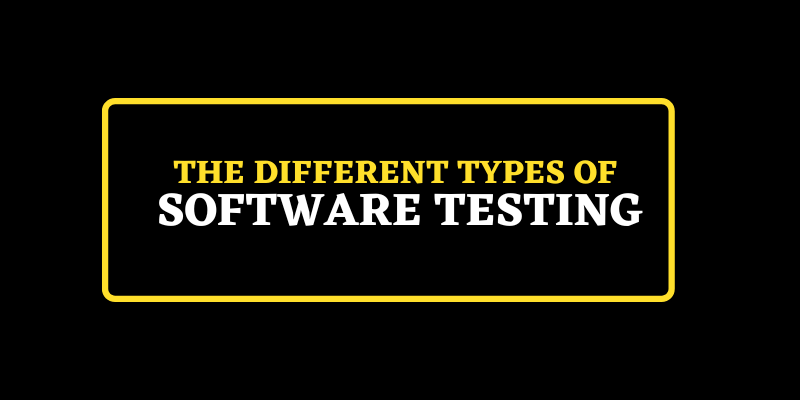
Introduction
In this blog, we will impart the different types of Software testing. You can use various software testing techniques to make sure that modifications to your code function as planned. However, not all testing is created equal, and we discuss how testing methods vary.
To learn more about Software Testing concepts, join Software Testing Course in Chennai at FITA Academy.
The different types of tests
Unit tests
Unit tests are really basic and are out near a user’s code base. They involve testing each class, component, or module used by your software’s individual methods and services. A continuous integration service may run unit tests quickly and at a low cost.
Integrity checks
Integration tests verify that the many parts or services used by your system work properly. For instance, it can focus on testing database interfaces or ensuring that services interact as required. Since application systems function, these tests are now more expensive to run.
Functional tests
The business needs of a system are the main focus of test cases. They don’t check the system’s instances while carrying out an act; they only check the action’s outcome.
Because both require many components to work with others, integration tests and functional tests are often confused. An integration test would just verify that you can query the database, whereas a functional test might expect getting a specific value from the database in line with the quality factors.
End-to-end tests
End-to-end testing models includes the concept using the software in the whole context of a service. It checks that user flows work as planned and can be as simple as running a site or login in or somewhat more complex examining email notifications, making payments online, etc.
End-to-end tests are very beneficial, but they can be expensive to execute and difficult to administer if automated. being able to discover breaking changes quickly breaking changes, it is indicated to have a limited number of important end-to-end tests and to rely more on lower-level testing (unit and integration tests).
Software Testing Online Course will enhance your technical skills in the Software Testing domain.
Acceptance testing
Acceptance tests are formal evaluation to see if a system conforms with business requirements. During testing, they focus on simulating user activities while running the entire application. However, they can go a step farther and evaluate the usage, refusing changes if specific goals are not met.
Performance testing
Performance evaluations test a system’s ability to handle a specific workload. These analyses help to assess a user’s reliability, speed, scale, and responsiveness. For instance, a performance test can monitor response times when a large number of requests are being processed or can assess how a system responds to a sizable amount of data. It may assess whether a programme satisfies performance standards, find bottlenecks, gauge security during high traffic, and much more.
Conclusion
So far, we have enhanced the different types of Software testing. To learn more about Test Management in Software Testing, join Software Testing Course in Coimbatore.
Refer to Software Testing Books for beginners to gain a deep understanding of Software Testing.
